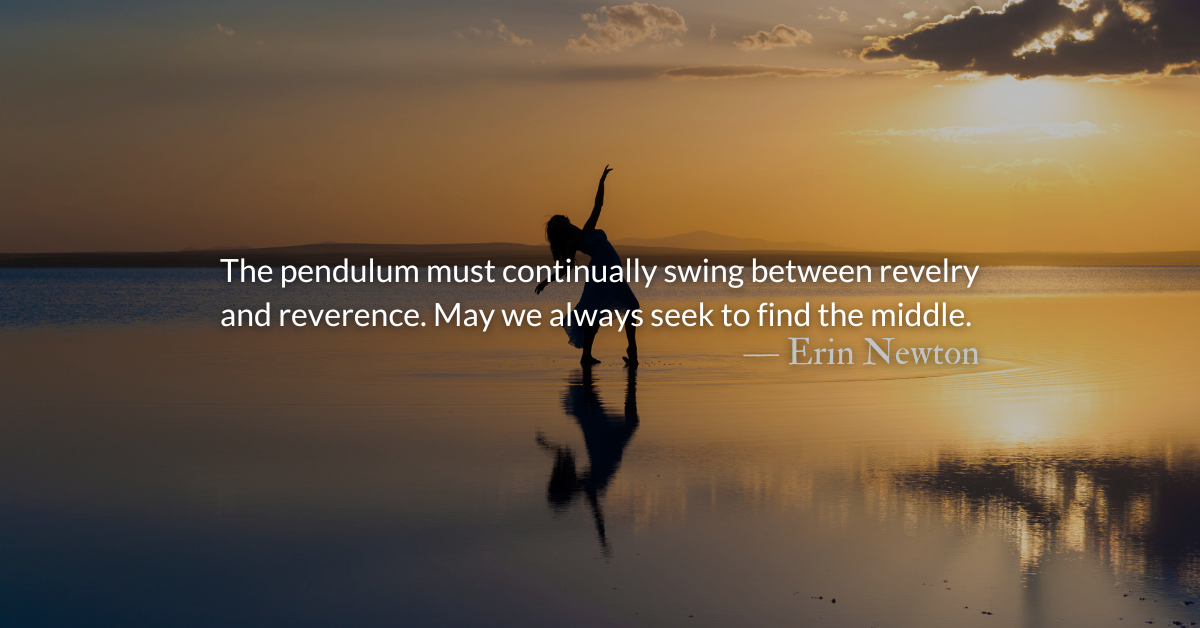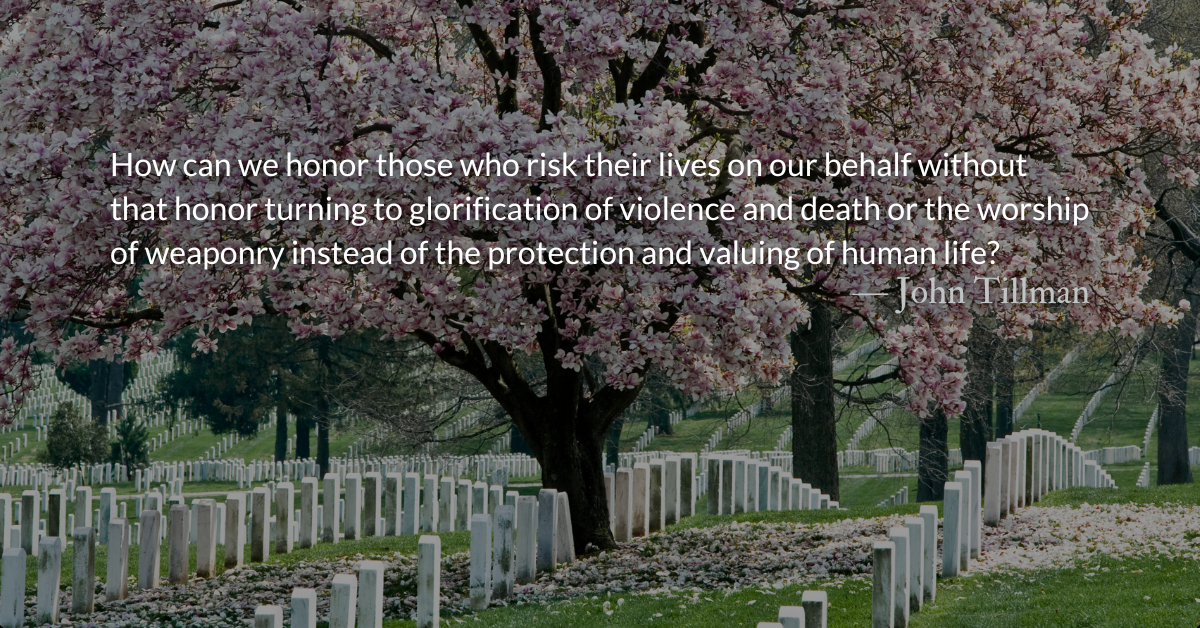Links for today’s readings:
Nov 21 Read: 1 Chronicles 16 Listen: (5:21) Read: Psalms 90 Listen: (2:03)
Nov 22 Read: 1 Chronicles 17 Listen: (4:14) Read: Psalms 91 Listen: (1:39)
Nov 23 Read: 1 Chronicles 18 Listen: (2:36) Read: Psalms 92-93 Listen: (2:09)
Scripture Focus: 1 Chronicles 16.4-9
4 He appointed some of the Levites to minister before the ark of the Lord, to extol, thank, and praise the Lord, the God of Israel: 5 Asaph was the chief, and next to him in rank were Zechariah, then Jaaziel, Shemiramoth, Jehiel, Mattithiah, Eliab, Benaiah, Obed-Edom and Jeiel. They were to play the lyres and harps, Asaph was to sound the cymbals, 6 and Benaiah and Jahaziel the priests were to blow the trumpets regularly before the ark of the covenant of God.
7 That day David first appointed Asaph and his associates to give praise to the Lord in this manner:
8 Give praise to the Lord, proclaim his name;
make known among the nations what he has done.
9 Sing to him, sing praise to him;
tell of all his wonderful acts.
Reflection: The Historian’s Purpose: Freedom
By John Tillman
Perhaps the most famous teller of histories known today is Ken Burns.
Burns’ documentary films, for decades, have shared stories that say something about America to Americans. His visual style became so iconic that in most video editing and presentation software there is a “Ken Burns Effect” setting that will slowly and dramatically zoom into an image or pan across it.
Burns labors long on each film. His most recent, The American Revolution, took ten years. Yet, despite being worked on for so long, his films often arrive at timely moments when their message seems purposeful.
Samuel, Kings, and Chronicles scrolls were all written by historians. But the chronicler has a distinct style, composed for a timely moment, with the purpose of telling a story about God’s people to God’s people.
Samuel and Kings’ historians focused on the rulers, court dramas, and political fallout. The chronicler focuses on moments of faith, ecclesiastical occasions, and the people who lived them, often turning his camera away from the rulers to pan across the faces of ordinary Israelites.
This is the “Ken Burns Effect.” We often get long, slow pans and zooms across lists, records, and genealogies important to the audience and the story the chronicler is telling. To us, these records seem to interrupt the story. To the chronicler, they ARE the story.
Samuel skips the scene in 1 Chronicles 16 where David sets up the levitical structure, supporting artists, and those who will oversee worship. The chronicler gives us a medley, blending Psalms 96, 105, and 106 into a sample psalm and giving us closeups of the faces of those who would sing this liturgy.
Chronicles was written to returning exiles. His purpose? Freedom through de-assimilation. Their parents and grandparents were taken in chains to foreign empires. They grew up hearing about the land they lost, living in the land that stole it from them. Chronicles helped exiles recover their lost identity and de-assimilate from the culture of their oppressors.
The message to exiles is also for us—as timely now as then. We are exiles in a world that isn’t ours, pressed into its patterns, assimilated to its thinking.
Read the chronicler’s blended psalm. Allow it to de-assimilate you from kingdoms, cultures, and forces in this world, pressing you into their mold. Regain your identity in Christ, his cross, his resurrection, and the freedom he offers to all humanity.
Divine Hours Prayer: The Call to Prayer
Hallelujah! Praise the Name of the Lord, give praise, you servants of the Lord,
You who stand in the house of the Lord, in the courts of the house of our God.
Praise the Lord, for the Lord is good; Sing praises to his Name, for it is lovely. — Psalm 136.1-3
– From The Divine Hours: Prayers for Autumn and Wintertime by Phyllis Tickle.
Read more: What We Do For God
Do we want to do something for God? Then we should do it for the least of these, the brothers and sisters of the lowly Jesus.
Read more: Missing the Son of David
What type of righteousness and justice are we looking for from the Son of David? Could we miss him because we are focusing on the wrong qualities?






